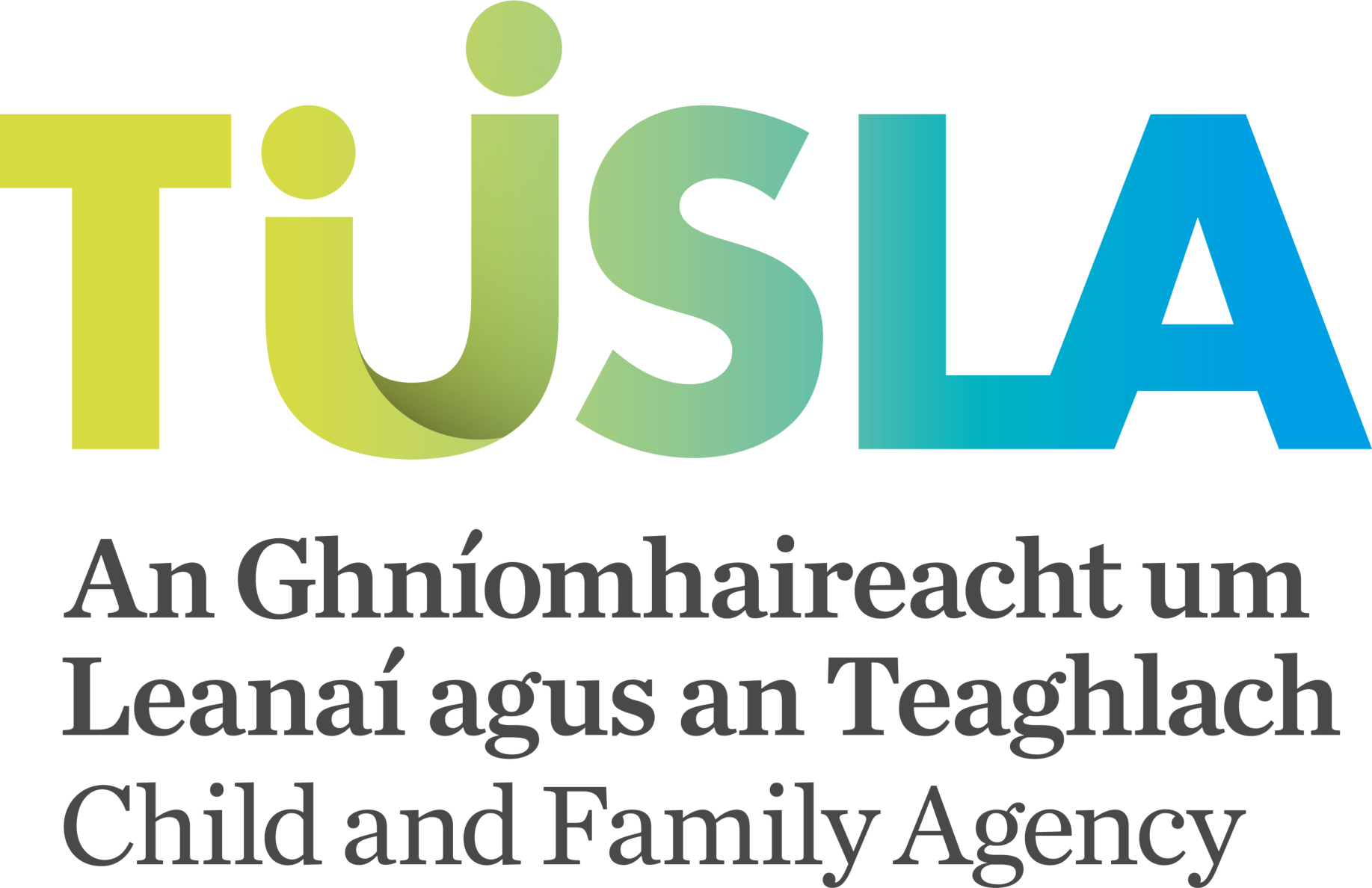Q: I’m bleeding/spotting. Am I miscarrying?
You might be, but even heavy bleeding doesn’t always mean miscarriage. An ultrasound might tell you more, but not till about 7 weeks and even then, it might not give a full picture.
See signs, symptoms and diagnosis for more information. Consider contacting your GP, Early Pregnancy Unit or Accident & Emergency department if you have more pain and bleeding than you can cope with.
Do contact your GP, Early Pregnancy Unit or Accident & Emergency department if you:
- Have previously had an ectopic pregnancy, or
- Have sharp one-sided pain and/or pain in your shoulders, or
- Feel very faint or dizzy.
Early diagnosis and treatment of ectopic pregnancy won’t save the pregnancy but may prevent an acute emergency and can mean less radical treatment.
You’ll find more information here.
Q: How does the doctor know that I have miscarried?
Two ways that doctors diagnose miscarriage are by checking quantitative beta-HCG levels and by performing an ultrasound.
In early pregnancy, beta-HCG levels should double every two to three days. One blood test is not enough to determine miscarriage.
Your doctor may order two to three beta-HCG tests to see if your levels are rising appropriately.
Even if they are rising slowly, there is cause for concern. Slow rising HCG levels usually result in miscarriage or can be a sign of an ectopic pregnancy.
Your doctor can also diagnose miscarriage by doing an ultrasound/scan.
Q: When can I have a scan? / Why do I have to wait for a scan? / Why do I have to have a repeat scan?
The best time to have a scan is from about 7 weeks’ gestation when it should be possible to see the baby’s heartbeat. But it can be hard to detect a heartbeat in early
pregnancy and it can be hard to know whether the baby has died or not developed at all, or whether it is simply smaller than expected but still developing.
You’ll find more information here.
Q: What’s a missed miscarriage? Why does it happen?
A missed miscarriage (also called silent or delayed miscarriage) is where the baby has died or failed to develop but your body has not actually miscarried him or her.
The scan picture shows a pregnancy sac with a baby (or fetus or embryo) inside, but there is no heartbeat and the pregnancy looks smaller than it should be at this stage.
Pregnancy hormone levels may still be high, so you may have had no idea that anything was wrong, still feel pregnant and have a positive pregnancy test.
You’ll find more information here
Q: What are the options for treating a missed or incomplete miscarriage?
The options are conservative/natural (wait and see approach), medical approach or surgical approach.
See What happens when a miscarriage is confirmed? for more information
For loss after 14 weeks you’ll find more information here
Q: Can I choose how my miscarriage is ‘managed’?
You should usually be able to choose the option you feel you can cope with best, but there may be medical reasons that you shouldn’t have one or other option.
See What happens when a miscarriage is confirmed? for more information
Q: What should I do if I pass a pregnancy sac with a recognisable foetus or baby inside?
The midwives, bereavement team or chaplain at the hospital you are attending can give you advice and support regarding your baby’s remains, should you need it.
If you wish you can discuss bringing your baby’s remain back to the hospital to see if any examination of the remains can be carried out.
Q: What happens in hospital?
It depends on your symptoms, which department you’re seen in and what day and time it is.
If you are seen in Accident & Emergency (A&E, Casualty), you may have to wait a long time, especially if it’s busy. You may not be seen as a priority
and others might be seen ahead of you. This might be difficult, if you’re bleeding heavily.
After you are seen you may be referred to an Early Pregnancy Unit (EPU) or a gynaecology ward, either straight away or at another date.
Most EPUs are open only limited hours and very few at evenings or weekends.
Q: When can I try to get pregnant again?
Most doctors recommend waiting for at least one complete cycle before trying to conceive again.
Although medically it is generally safe to conceive after one cycle a woman should wait until she is physically and mentally ready.
Always discuss with your doctor what is best for your situation.
If you have had more than one miscarriage see here for more information.
Q: When will I get my period?
In most cases, between 4 and six weeks after your loss, though this can vary. That first period may be heavier and last longer than usual.
If you haven’t had a period after 6 weeks, it’s worth doing a pregnancy test. If it’s positive, but you know there’s no chance you could be pregnant again,
it is a good idea to contact your GP or the hospital where you were treated.
Q: Could I have done anything to prevent my miscarriage?
Most likely there was nothing you could have done to prevent a miscarriage.
Most miscarriages are the result of random genetic defects, which could not be prevented.
However, if you have experienced more than one miscarriage, depending on your age,
your doctor may run tests for other possible causes.
See Causes of Miscarriage/Tests for more information.
 Donate
Donate
